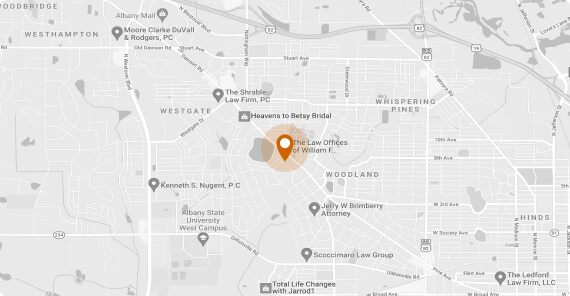
A deposition is the examination of a witness, typically done in an attorney’s office with a court reporter present to record the testimony. It is a chance for the attorneys to learn what the witness knows about a case and preserve this information. The sworn testimony can then be used as part of preparation for a trial or can even be admitted in the trial as evidence.
Depositions can be long and mentally exhausting for all involved in a case. Preparing thoroughly beforehand means you can be in top shape for the questioning and it ensures that your attorney can secure the best outcome for you. The following are some basic strategies to help you prepare for a deposition:
- Follow your lawyer’s advice. It’s important that you don’t take matters into your own hands: Your attorney will do all the necessary research and background work to prepare you for a deposition and will be present during the questioning to ensure it goes smoothly. Sometimes, he may ask you to not answer a question because it is improper and/or he may make an objection. No matter the scenario, follow your attorney’s directions and only answer when it is permitted. In many cases, your attorney will meet with you before the deposition to brief you on what may be asked and help you prepare for the questioning. This is the time to bring up any concerns, questions and provide information that might be helpful for the case. Remember: Volunteering this information before the deposition helps your attorney create a strategy for dealing with it.
- Present yourself professionally. It is important to make a good impression and present yourself as a trustworthy witness. Wear comfortable business attire and maintain a kempt appearance. Regardless of the nature of questions asked, speak calmly and maintain your composure. Becoming defensive or argumentative will work against you. Avoid tangents, jokes or small talk.
- Speak clearly and slowly. Your answers will be recorded, so make sure you answer questions loudly enough to be documented accurately. If needed, take time to compose your answer. This pause also allows your attorney to make an objection if you are asked an improper or irrelevant question.
- Stick to the facts. You are testifying under oath, so speak truthfully. Don’t make guesses or speculate. It’s acceptable to say that you don’t know or recall a certain detail. And, if you don’t understand a question, ask the opposing lawyer to clarify.
- Be brief and concise. Focus on the question at hand and provide just enough information to answer it. Try not to anticipate which questions may be asked next or wonder if you should elaborate. For example, if you are asked “Was the door open?”, responses “yes,” “no” or “I don’t know” are all appropriate. Don’t say “Yes, and I closed it”.
Need help filing your workers’ comp claim or personal injury lawsuit? Call our firm today!











